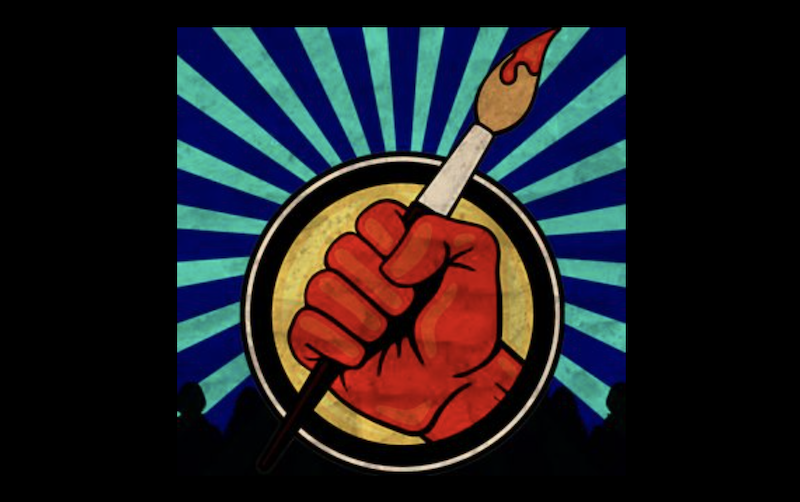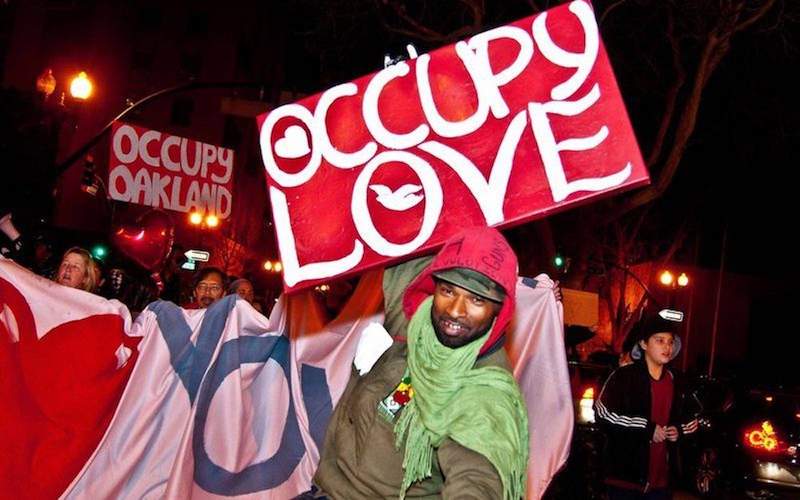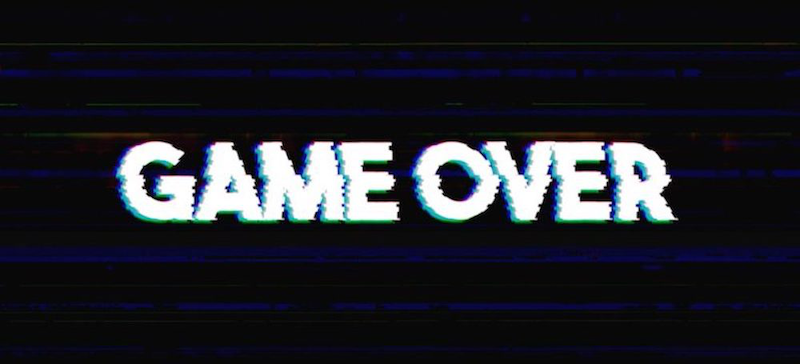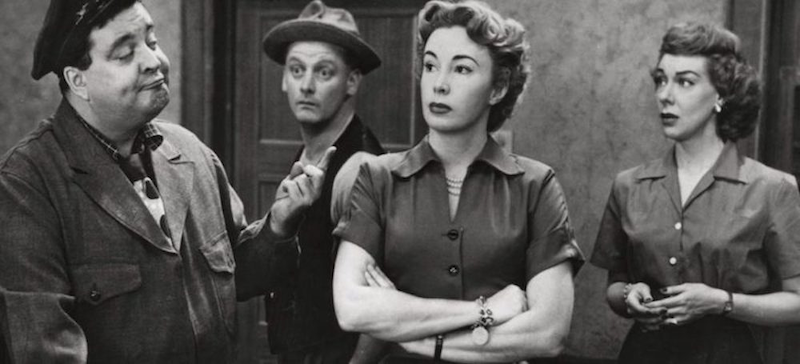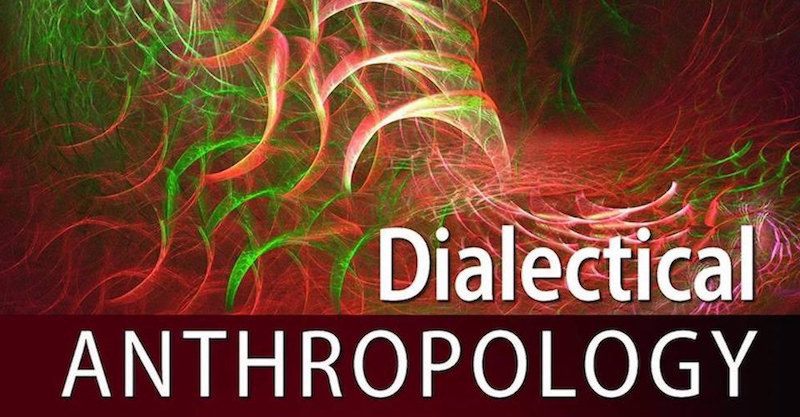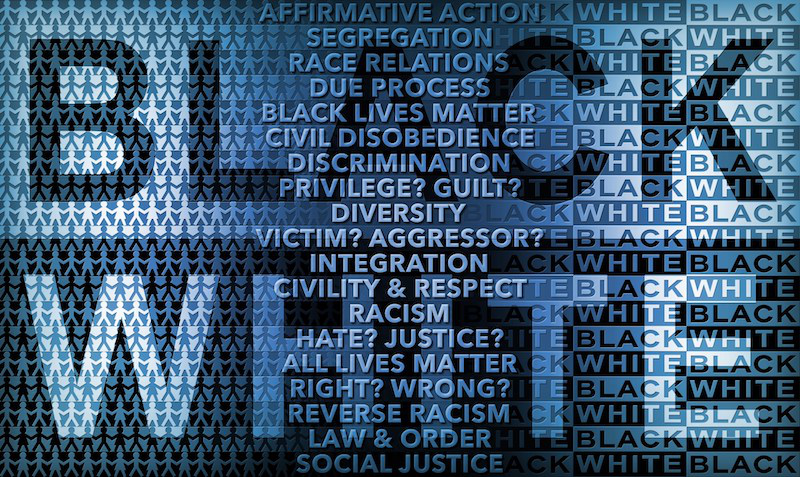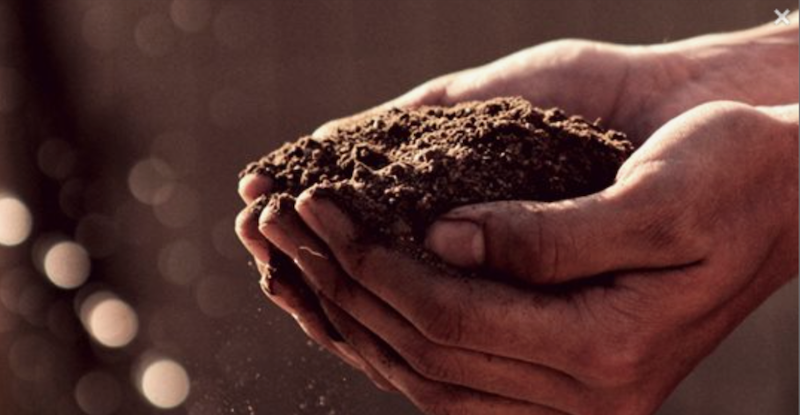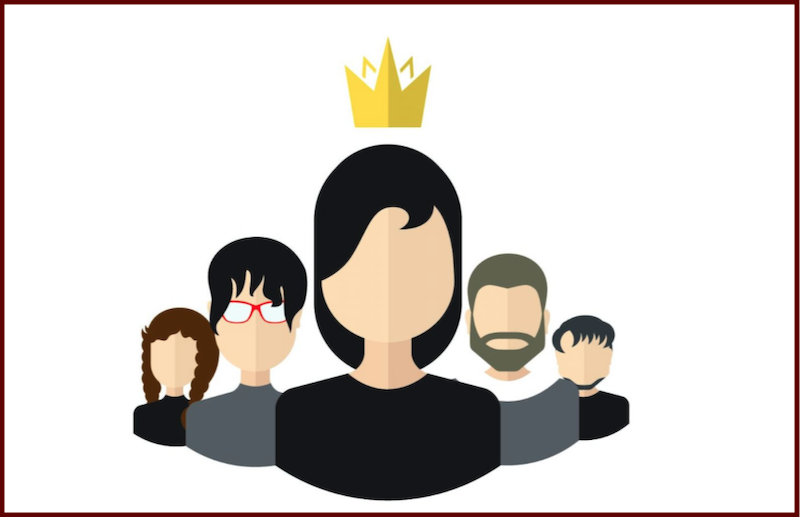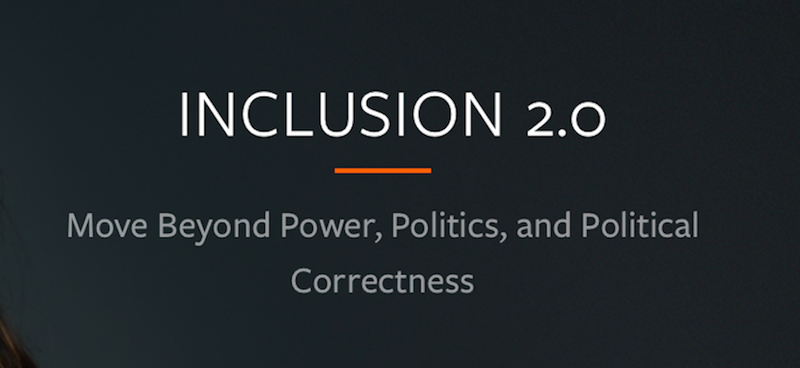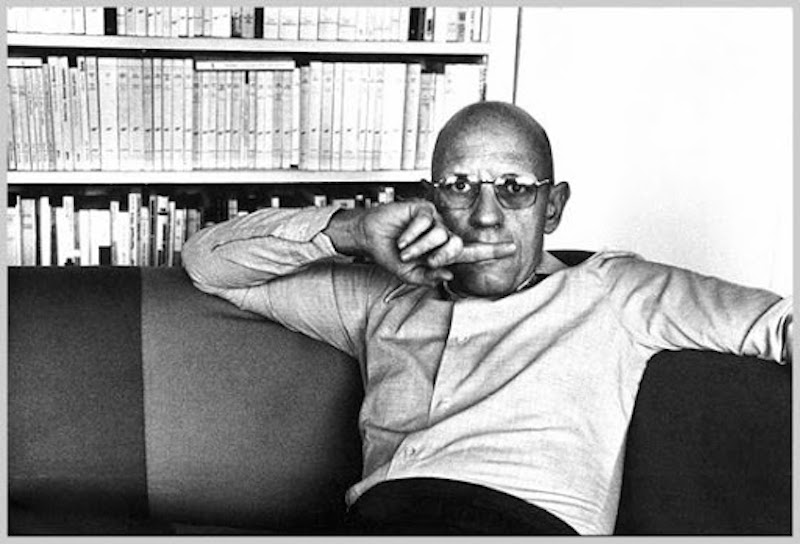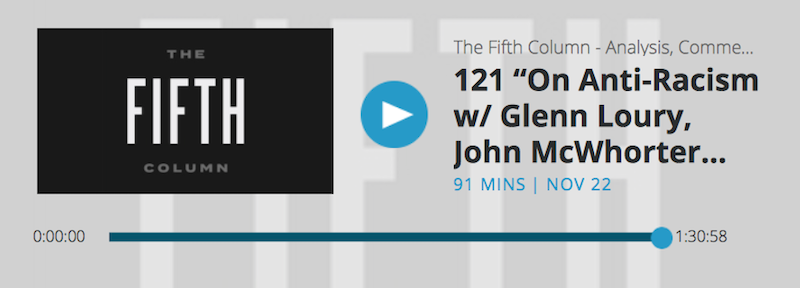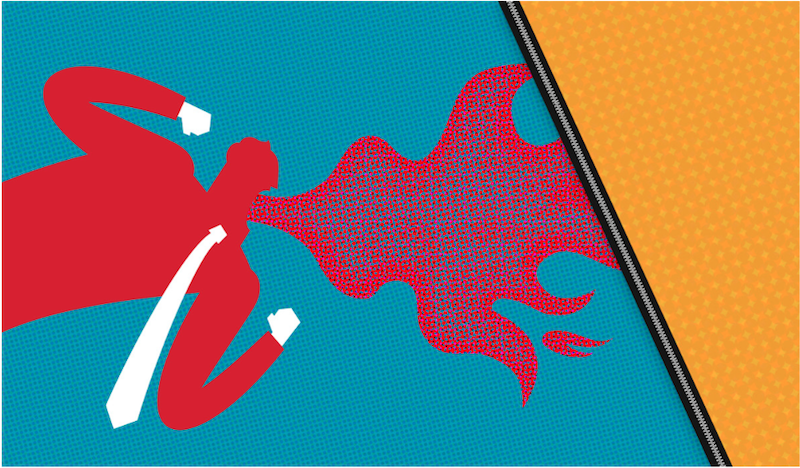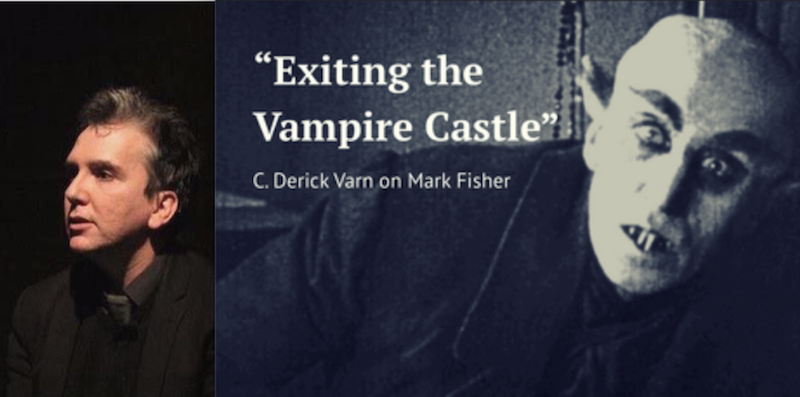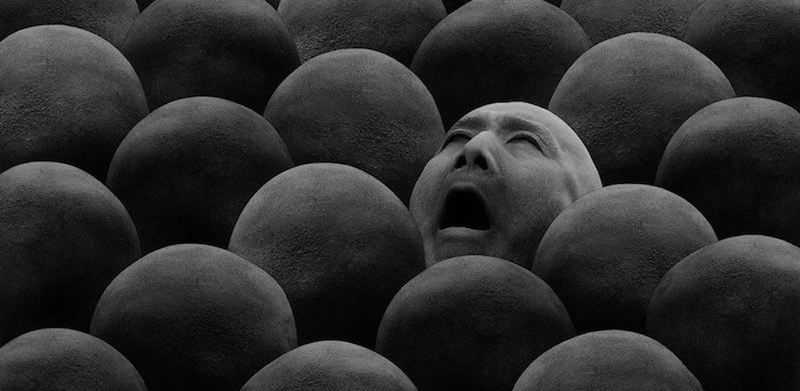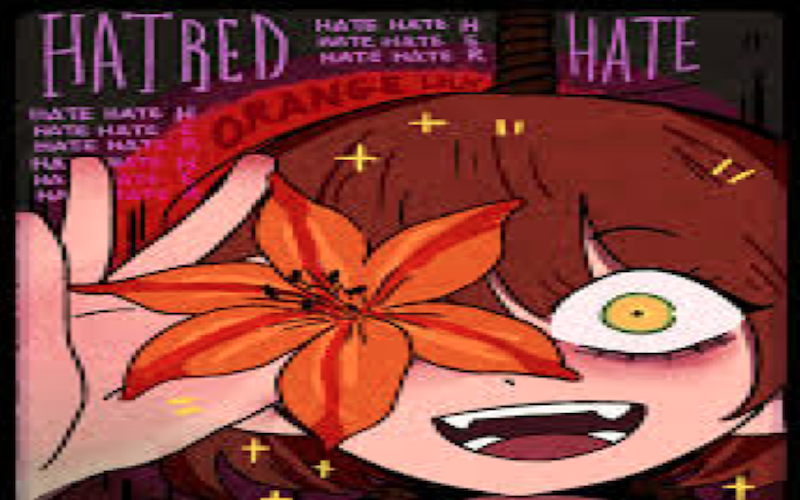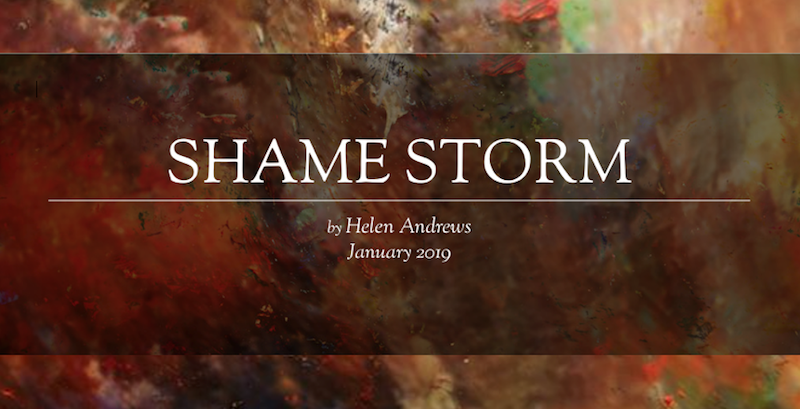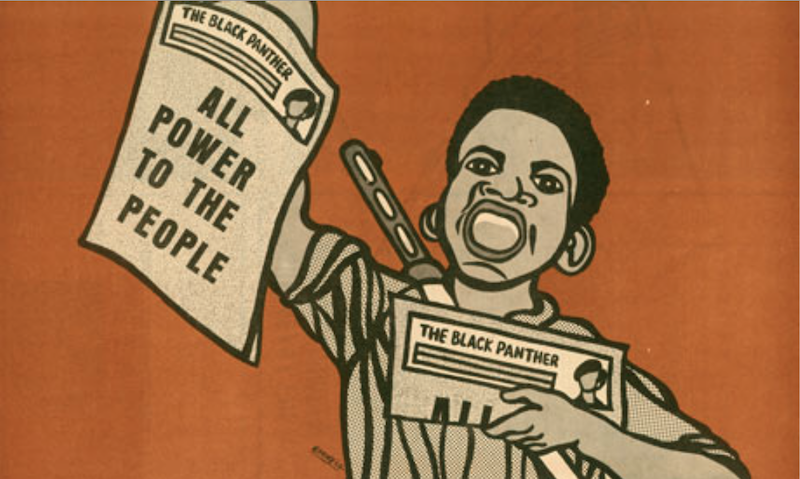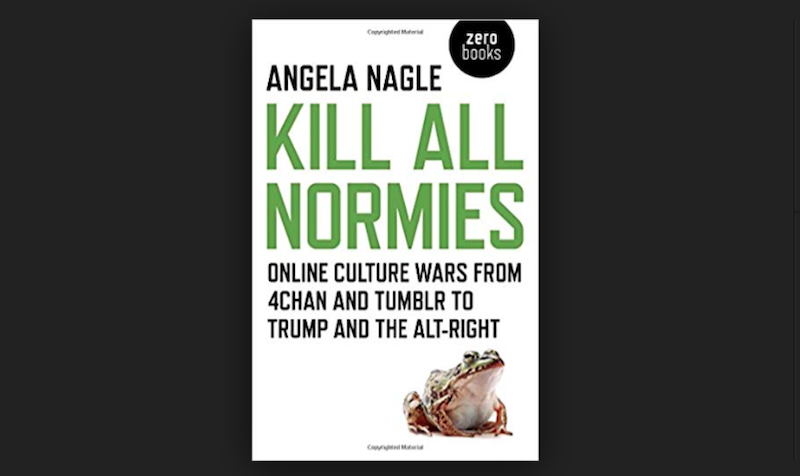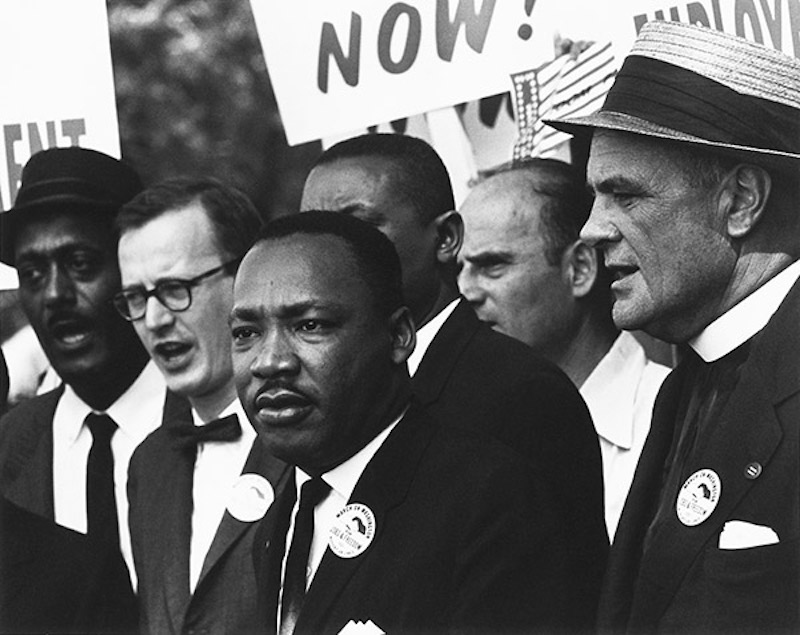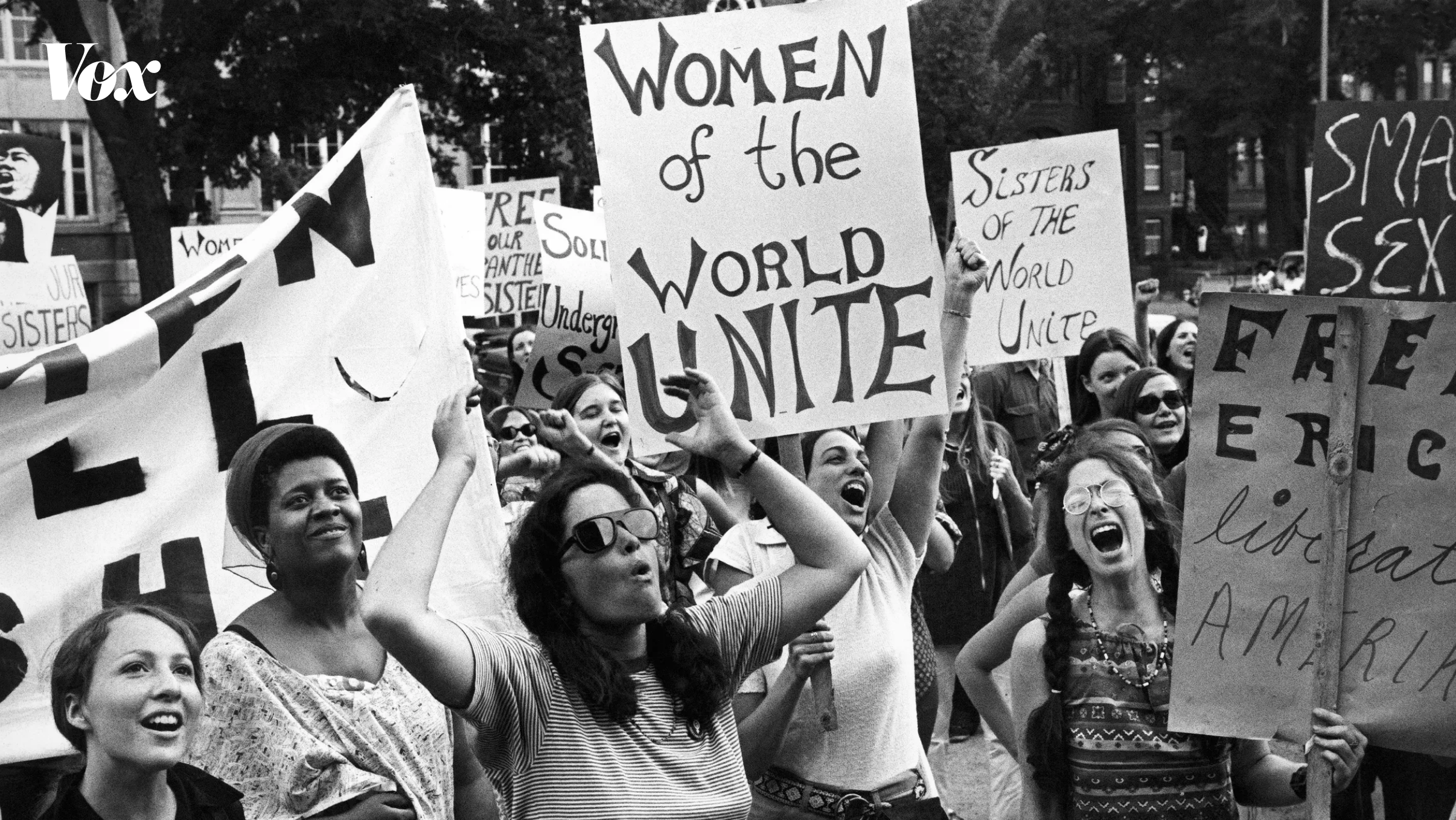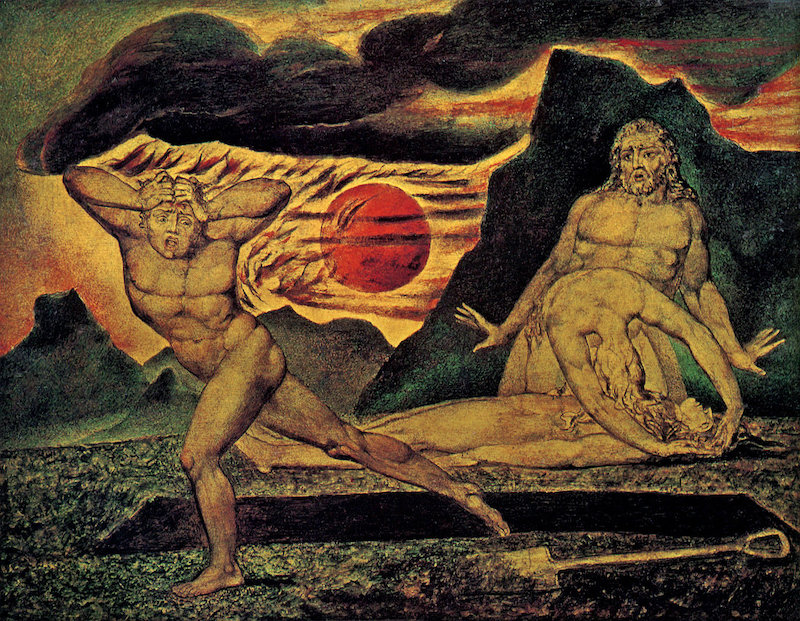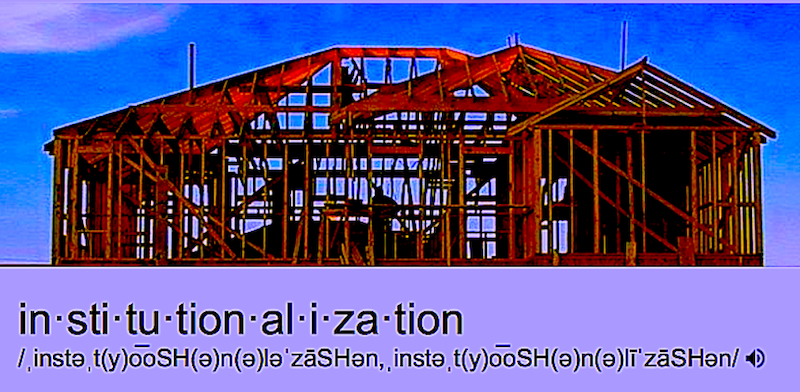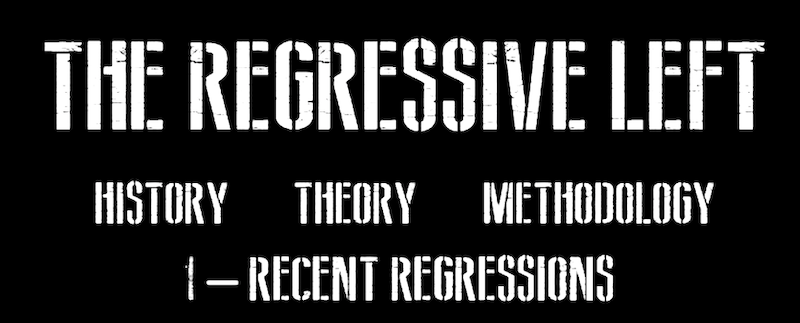An increasing number of people are being trained to believe that rituals of shame, confession, and psychological breakdown sessions are effective tools for rooting out the secret evils of this or that “sin”, “ism” or “phobia” that are said to be in our hearts and minds. Religious cults use this technique and so do political cults.
In such an atmosphere, one is always subject to the ever-watchful eye of those who hunt feverishly for your secret immoral thoughts. And when you look inside and find nothing of the kind, you are accused of “projecting”, of “being defensive” or of having sinful thoughts or biases and hatreds that are “unconscious” to you but claimed to be fully on display to the “clairvoyant” ever-watchful eye of the probing inquisitors.
Regardless of your level of personal development and wisdom, the good you have done in your life without an audience, or the self-awareness that has evolved in your consciousness, the mind reader who studies you, the workshop facilitator who shames you, and the educator who grades you… the ever-watchful eye who beholds you… knows who you REALLY are.
Except, they don’t.
This assault on your dignity and invasion of your sense of self is a form of emotional abuse. Because the nature of this kind of probing is a kind of non-consensual mind rape, it will be difficult for you to resist, especially if the probing inquisitor has authority over you in some way. But resistance is necessary for your well-being. When people try to tell you that you hate when you know deep in your heart that you do not hate, they are imposing a non-consensual belief system onto you, and you have the right to resist.
When people tell you that your resistance or intellectual arguments are a smokescreen to hide your “discomfort” with hearing the truth about your supposed “sin”, you are the target of what is called a Kafka trap, a game of psychological “capture the flag” that can be resisted if you know what to do.
As in Kafka’s book “The Trial”, the Kafka Trap is a game that is played by power-seekers (or in the best of circumstances just a True Believer who blindly follows a dogmatic moral paradigm) where you are always “guilty” of some crime or sin that you cannot locate but that others who stand to gain moral power over you insist are inside you. And the more you deny it, the more it is “proven” that you are guilty.
Let me repeat that. The more you deny your hatred, your desire to protect some form of status or privilege, or the belief that others have the right to put their thoughts into you, you are “proving” that you are guilty by the very act of your resisting.
The Kafka Trap and similar rituals are the primary weapons used by religious cults that want to control adherents by shaming them for their selfish drives or sexual feelings.
More insidiously because of the difficulty in detecting it, this trap is also used by followers of various anti-oppression ideologies who believe they can solve racism and other forms of bigotry with blanket accusations, categorization schemes, rankism, cult mind control tactics and emotional abuse.
It is not necessary to take on this stuff to make the world a more fair and equitable place. There are other ways to promote love and fairness that do not rely on mental beatings, head games, and power plays, so it’s important to resist this recruitment style ghost-hunting technique to avoid getting pulled into world views that create hardened categories of “us” and “them”, force us to think thoughts we didn’t think before, and distract us from doing real work.
When this happens, the best way to handle it is to name it.
Because of the cult-like style of the attack, the best mode to use in your communication is the leveling mode. In "The Gentle Art of Verbal Self Defense at Work", linguist Dr. Suzette Haden Elgin suggests a leveler mode when you are in a mentally abusive situation. Level with your abuser by straight out saying, “this is emotional abuse, and you’re not going to succeed in putting thoughts in my head.”
If the person persists, just say, “you repeating that you think I [fill in the blank] doesn’t make it true and is just a manipulative power play to win moral superiority over a ghost that isn’t there. I’m not standing for it, so let’s move on to another topic.”
There are other gentler methods, and these sentences can be altered to suit your style and unique situation. But, the key is to deliver the following three messages:
1) You are engaging in emotional abuse
2) It is a play for moral power over others based on nothing real,
3) I won’t stand for it.
Stay true to your path towards wholeness, practice the life of compassion and fairness, and do what you can to protect yourself from individuals and groups who try to brainwash you into believing that your nature or essence is intrinsically evil in some way and that you do not have the capacity to treat others with respect and love.
You know who you are.

